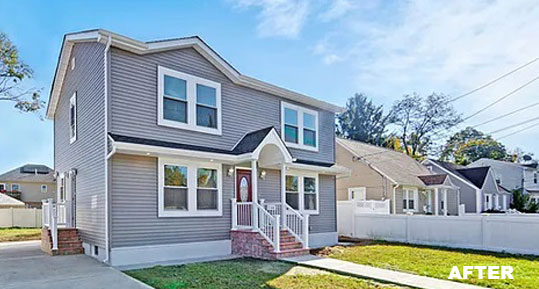Can I Sell a Property with a Tenant Living in It?
This is usually the first question that arises when a landlord wants to sell. The simple answer is yes, you can sell a property with a tenant still living in it. In fact, most states’ laws give tenants the right to remain in a rental property after a sale until the lease or rental agreement […]
Can I Sell a Property with a Tenant Living in It? Read More »





